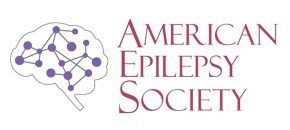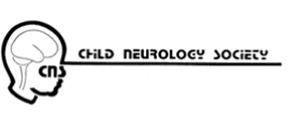Complete Neurological Care is your number one choice for comprehensive and caring neurological treatment in New York. Our NYC board-certified neurologists are experts in their field with decades of experience treating neurological concerns, including fainting. Our goal is to relieve your pain quickly, safely, and effectively by utilizing our best diagnostic approaches and implementing our trusted treatment procedures.
Do You Suffer From Fainting (Syncope)?
Most people will faint at least once in their lives. There are a number of reasons that this may happen. Causes of fainting, also known as syncope, include hunger, heat, and other relatively minor factors. In other, rare instances, fainting can be a symptom of a neurological condition. For this reason, it is important to seek treatment for fainting. Even if you do not actually lose consciousness, you should also seek treatment if you suffer from chronic lightheadedness and feeling like you are going to faint. At Complete Neurological Care in NYC, we will provide a thorough fainting diagnostic exam. If we discover a serious cause for your fainting spells, we will determine the most appropriate fainting treatment.
What Causes You to Faint?
Most of the time, a single fainting spell results from a drop in blood pressure, known as vasovagal syncope. Blood flow to the brain will slow down, and you will temporarily lose consciousness. If you suffer from chronic hypotension, or low blood pressure, you are more prone to fainting.
In some cases, however, syncope can be symptom of a neurological problem. The causes of fainting may include:
-
Transient Ischemic Attacks (TIAs)
-
Seizures
-
Normal pressure hydrocephalus
-
Autonomic insufficiency
Diagnosing Your Fainting Spell
To determine whether there is a neurological cause for your syncope, we will run several advanced tests. First, we will measure your blood pressure and heart rate. We may also recommend an electrocardiogram to rule out a standard cardiovascular cause. If it appears that your syncope is CNS/Neurally related, we may perform an MRI, CT scan, or electroencephalography.
Videonystagmography (VNG) may also be useful if you frequently feel faint but do not actually black out. This test will monitor eye movement to test for vestibular, or inner ear, disease. Vestibular dysfunction can cause dizziness and balance difficulties.
Treatment Options
Treatment for your syncope will depend on the cause of your condition. For example, if your fainting spells are the result of a TIA, we will typically prescribe blood thinners and cholesterol medication to reduce your risk for a stroke. If your syncope is caused by a chronic condition, such as epilepsy or hydrocephalus, we will provide guidance for you and your loved ones. Though there is no cure for these diseases, proper care can keep your symptoms under control, allowing you to lead an active, fulfilling life.







